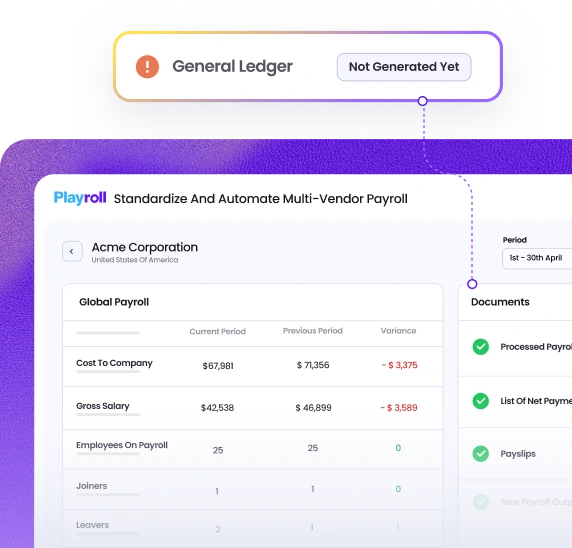What is a Good Salary in New Jersey?
What is considered a 'good' salary can vary based on factors like location, lifestyle, and industry. A salary in the range of $75,000 to $100,000 is generally considered comfortable for a single person in New Jersey. High-paying fields like technology and healthcare can offer salaries reaching up to $200,000 or more, while more common roles such as administrative assistants typically earn around $50,000.
Average Salary by Cities in New Jersey
The cost of living can vary widely from one city to another, and that impacts both how far salaries stretch and what professionals expect in terms of pay. Cities with higher living costs – like those with hot housing markets or tech hubs – tend to have higher salary expectations.
Familiarizing yourself with the average salary ranges per location can help you plan better and make sure your compensation packages are in line with local expectations to attract and retain top talent. Here’s a quick look at salary ranges across different cities in New Jersey, to get a sense of competitive salaries based on local factors:
| City | Monthly Salary | Annual Salary |
|---|
| Jersey City | $7,899–$7,900 | $94,783–$95,000 |
| Newark | $6,700 | $80,400–$84,000 |
| Hoboken | $6,300–$7,075 | $75,918–$84,906 |
| Princeton | $7,256–$7,583 | $87,000–$91,000 |
| Paterson | $4,869–$5,604 | $58,435–$67,249 |
Salary Earnings Based on Experience Level in New Jersey
Salaries naturally increase with experience – this applies to both new hires and existing team members. When planning for new positions, it's important to consider how salary ranges change at different seniority levels. This will help ensure you're meeting salary expectations, retain employees and create a fair working environment.
Here’s a breakdown of how monthly and annual salary ranges grow with experience in New Jersey:
| Experience Level | Monthly Salary | Annual Salary |
|---|
| Entry-Level Jobs (0-2 years experience) | $4,254 | $51,055 |
| Mid-Level Jobs (3-5 years experience) | $5,167–$7,083 | $62,000–$85,000 |
| Senior Roles & Managers | $7,917–$12,500 | $95,000–$150,000 |
| Executive & C-Level | $7,250–$17,360+ | $87,000–$208,000+ |
Average Salaries by Job Title in New Jersey
Building a competitive compensation package means knowing what the going rate is for specific roles. We’ve compiled the most recent salary data by job title for New Jersey, making it easier for you to compare roles, match your offers with the market, and make sure your team is paid fairly.
| Job Title | Monthly Salary | Annual Salary |
|---|
| Office Administrator | $4,167 | $45,744 |
| Project Manager | $8,687 | $104,246 |
| Accountant | $5,780 | $69,367 |
| Human Resources Specialist | $6,253 | $75,044 |
| Marketing Manager | $10,984 | $131,805 |
Highest Paying Jobs in New Jersey
- Consultant and Sales Representative: $229,206
- Finance Services Director: $222,208
- President / Chief Executive Officer: $216,579
- Vice President, Field Operations: $201,550
- Chief Medical Officer: $200,412
- Division Vice President: $199,267
- Founder and Chief Executive Officer: $198,037
- Senior Vice President, Sales: $195,488
- Senior Vice President of Marketing: $194,837
- President & Chief Operating Officer: $193,583
Monthly Cost of Living in New Jersey
In New Jersey, the cost of living is significantly higher than the national average, driven by housing and transportation costs. Housing expenses are about 47% higher than the national average, especially in areas near New York City and Philadelphia. Utility costs are around 8% above the national average, influenced by the state's climate and energy needs. Transportation expenses, including gas prices and commuting costs, are roughly 11% higher than the national average, reflecting the high demand for public transit and long commutes to major metropolitan areas.

Median Home Price
$564,794

Energy Bill
$128.82
/ month
Compliant, In-State Payroll Processing in the U.S. with Playroll
We cut payroll processing time by 80%, ensure full compliance, and provide hands-on support for both employers and employees.
-

Local, state-accurate payroll execution
-

Consolidate payroll inputs and variance reporting
-

State-specific compliance, taxes, and filings built-in







.svg)
.svg)
.svg)








.svg)



.png)
.webp)
.webp)








.svg)